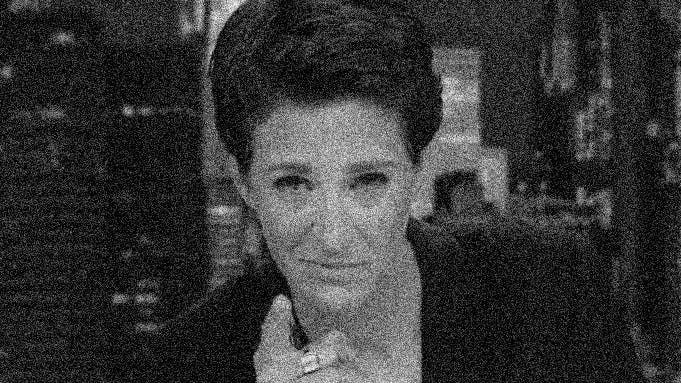What is a Liberal? Part One
“There are human beings attached to those things!”
“Subjective reflection, even if critically alerted to itself, has something sentimental and anachronistic about it: something of a lament over the course of the world, a lament to be rejected not for its good faith, but because the lamenting subject threatens to become arrested in its condition and so to fulfil in its turn the law of the world’s course.…




